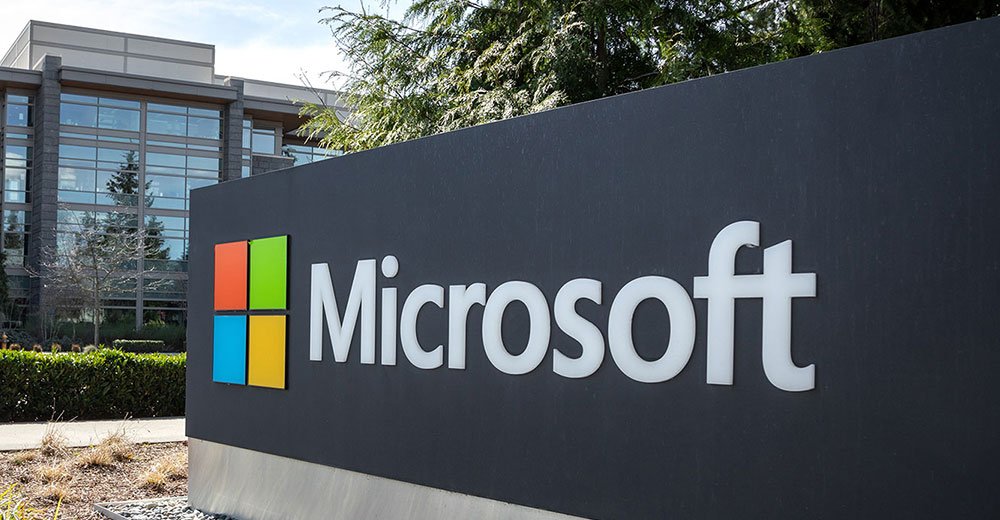China Accuses US of Cyberattacks Exploiting Microsoft Software Flaws
August 1 — Cyber tensions between the United States and China have intensified following Beijing’s latest allegations that American actors conducted cyberattacks on Chinese defense sector companies by exploiting vulnerabilities in Microsoft’s software systems.
The Cyber Security Association of China (CSAC) released a statement accusing U.S.-based hackers of infiltrating the servers of key military-related firms by leveraging flaws in Microsoft Exchange, a widely used email server product. The attacks, according to the association, persisted for nearly a year, giving the intruders sustained access to sensitive data from within China’s defense infrastructure.
The CSAC, an entity backed by the Cyberspace Administration of China, did not specify the names of the targeted organizations but emphasized that the breaches represented a significant threat to national security. It claimed that these intrusions involved remote control over critical servers within defense-related enterprises and accused the U.S. of using technological vulnerabilities to conduct espionage operations.
Longstanding Vulnerabilities in Microsoft Systems
The accusations come amid heightened scrutiny of Microsoft’s software security practices. In July, Microsoft disclosed that Chinese state-sponsored hacking groups had exploited weaknesses in its SharePoint file sharing platform to target Western organizations, including businesses and government agencies. Microsoft warned that customers operating self-managed SharePoint servers—rather than cloud-hosted systems—were particularly at risk.
Cybersecurity firm Eye Security, which monitored the recent wave of SharePoint-related attacks, reported that around 400 entities were compromised worldwide. The majority of affected organizations were based in the United States, with additional victims identified in Mauritius, Jordan, South Africa, and the Netherlands. The true extent of the damage, the firm cautioned, may be significantly greater.
The Redmond, Washington-headquartered tech giant has frequently found itself at the center of geopolitical cyber disputes. In 2021, a major breach attributed to Chinese state actors compromised tens of thousands of Microsoft Exchange servers globally. Then, in 2023, another high-profile cyberattack—also blamed on Chinese hackers—gained access to senior U.S. government officials’ email accounts via Exchange vulnerabilities. A U.S. government review later cited Microsoft for a “cascade of security failures” that facilitated the breach.
China Responds to Repeated Accusations
Beijing’s latest statement appears to be a counter-narrative to years of allegations from Washington accusing China of engaging in widespread cyber espionage. China has consistently denied those claims, and this time, the CSAC called on the international community to “jointly oppose U.S. cyber hegemony”, arguing that Washington routinely engages in offensive cyber operations while presenting itself as a victim or defender in the digital realm.
The CSAC also emphasized that the cyberattacks attributed to the U.S. were not isolated incidents but part of a broader pattern of state-sponsored cyber aggression. The group asserted that these actions violated global norms and risked further destabilizing the digital security landscape.
No US Response Yet
As of now, there has been no official response from the United States government regarding China’s claims. Historically, U.S. intelligence agencies have maintained that cyber activities linked to China represent a systemic threat, particularly in areas related to intellectual property theft, defense secrets, and supply chain compromise.
With both countries accusing each other of cyber misconduct, the global cybersecurity arena finds itself on increasingly fragile ground. Analysts warn that such mutual allegations could further entrench digital Cold War dynamics, making cooperation on global cyber norms and incident response protocols more difficult.
Geopolitical Implications
The escalating cyber blame game reflects broader tensions between the U.S. and China, especially in the fields of technology, defense, and information sovereignty. As both nations invest heavily in digital infrastructure and cyber warfare capabilities, experts believe that future flashpoints may increasingly occur in cyberspace rather than on traditional battlefields.
The latest exchange of accusations may also accelerate regulatory crackdowns and digital decoupling, with countries becoming more cautious about relying on foreign software providers and cloud services that could potentially be exploited by rival states.
For now, the world’s two largest economies remain locked in a high-stakes standoff—not only over trade and military influence, but also over the control and security of cyberspace.







